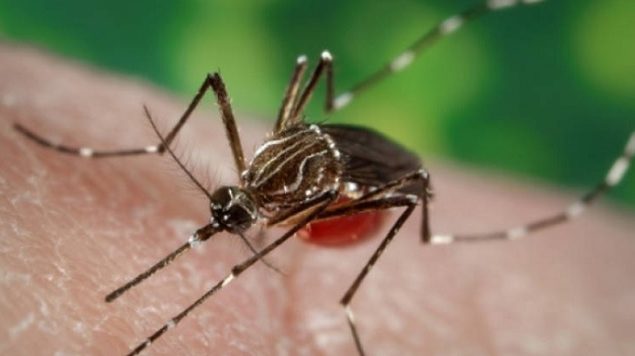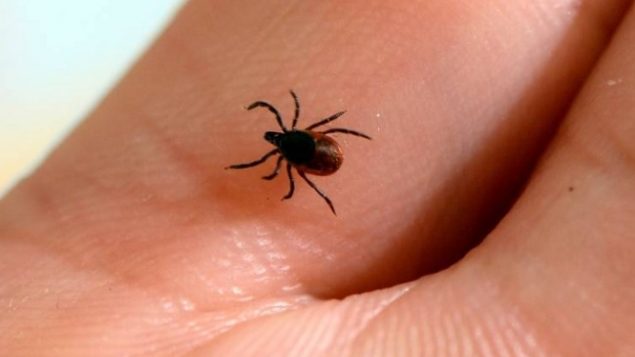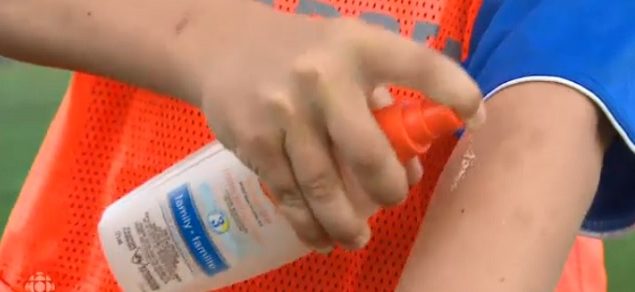Pity the long-suffering Canadian who, having made it through the long, cold winter and only starting to enjoy the warmer weather, has just received a grim reminder about the fast-approaching bug season. The Canadian government’s health department has just issued a reminder about the safe use of personal insect repellents.

Mosquitoes can spread West Nile virus but there are few cases in Canada. (James Gathany/Centers for Disease Control and Prevention/Associated Press)
Peskiness varies across the country
It’s not everywhere or all the time, but in some parts of Canada, mosquitoes and blackflies can make the month of June a misery. If you are not protected, they may bite you and leave an itch that can last for days. The mosquitoes may also be troublesome at dawn and dusk as early as April and throughout the summer, depending on the location.
In July and August, you may be plagued by horse flies or deer flies which can do the same but can actually take a chunk of skin out of you. The only advantage is that they are slower and, if you are attentive, you can sometimes slap and kill them before they bite.

As the climate changes, ticks that can spread Lyme disease are moving in to Canada. (Bertrand Guay/AFP/Getty Images)
West Nile virus, Lyme disease of concern
For the most part mosquitoes and blackflies do not cause disease, although there were 104 cases of West Nile virus transmitted by mosquitoes in Canada in 2015. But as the climate changes, ticks which can transmit Lyme disease are moving northward and now, Canadians have to worry about those too. Lyme disease causes flu-like symptoms which can progress to neurological illnesses, including paralysis. It is difficult to detect and difficult to treat.
So, Health Canada is reminding people to try to prevent all bug bites buy covering exposed skin as much as possible and by using insect repellents that have been approved by it. These would have a Pest Control Product (PCP) registration number on the product label.
In addition, it advises:
- Always read the entire label carefully before using, and follow all directions. This includes restrictions for use on children and the maximum number of applications allowed per day.
- Keep in mind that insect repellents are proven to work against only the insects listed on the label.
- Apply only a small amount of repellent on exposed skin or on top of clothing. (You don’t need a lot for it to be effective.)
- Never spray insect repellents directly into your face. Spray on your hands first and then apply to your face.
- Try not to get repellent in your eyes. If you do, rinse them immediately with water.
- Keep all insect repellent containers out of reach and sight of children and pets and supervise the application of insect repellents on children. Avoid applying repellent to children’s hands to reduce the chance of their getting repellent in their eyes and mouths if they touch their hands to their eyes or mouth.
- If you are concerned that you might be sensitive to a product, apply the product to a small area of skin on your arm and wait 24 hours to see if you have a reaction.
- If you suspect that you or your child is reacting to an insect repellent, stop using the product immediately, wash treated skin, and get medical help. When you go to your health care provider, take the product container with you.
Sigh.







For reasons beyond our control, and for an undetermined period of time, our comment section is now closed. However, our social networks remain open to your contributions.